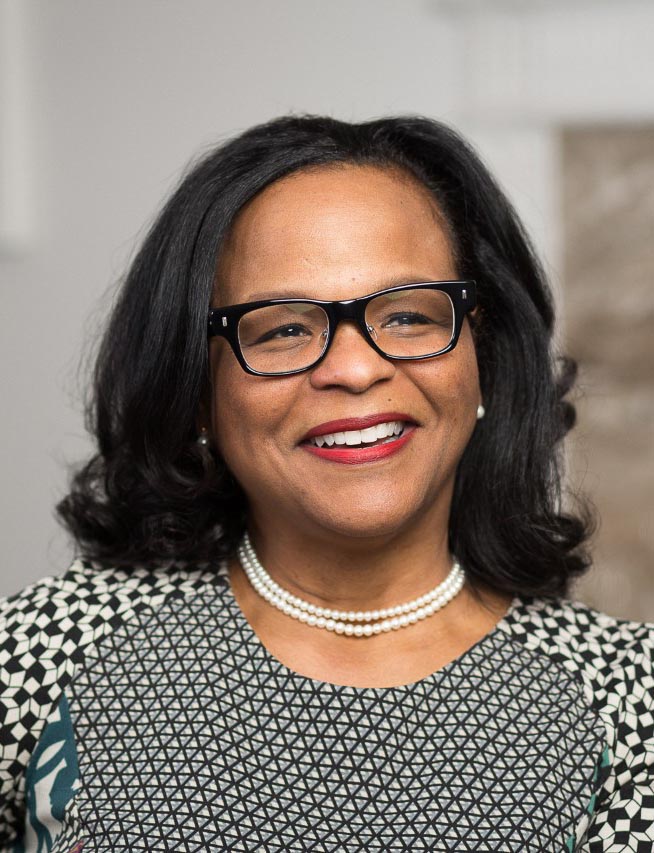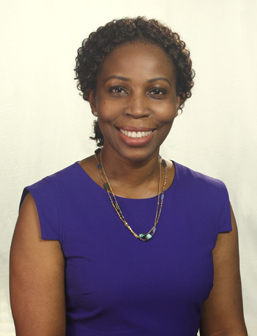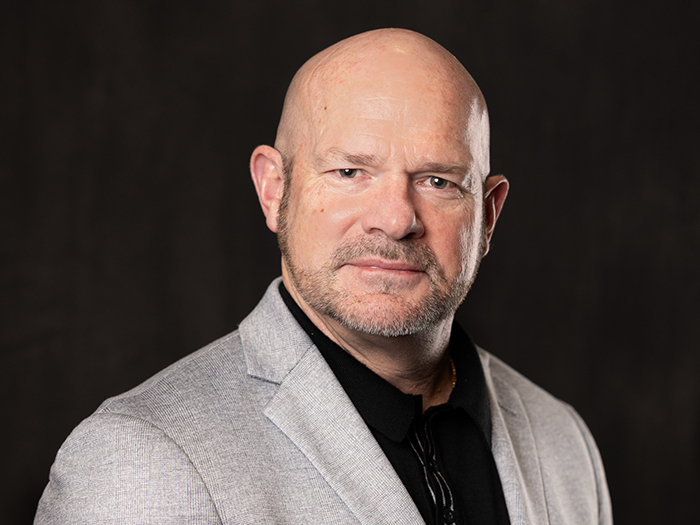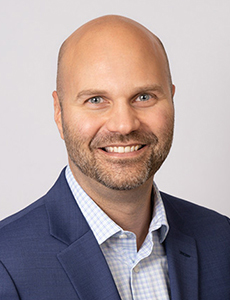After George Floyd’s Death, Can the Insurance Industry Rally to End Racial Bias?

Racism exists in the economic and political spheres, and yes — it exists in insurance.
The insurance industry has been criticized due to its lack of diversity and the whiff of racial bias that follows it, but now, as protests sweep the nation, insurance is joining in this movement towards change.
What sparked the change is well known to all. In late May, national outrage erupted over the death of George Floyd, who perished after being detained by Minneapolis police. The video image of ex-police officer Derek Chauvin with his knee on Floyd’s neck as Floyd pleaded for his life became the latest catalyst for social uprising in America.
Black Lives Matter is not a new movement, but the tragedy in Minneapolis seems to have amplified the loudest cry for racial justice this country has heard since the Civil Rights Movement. Insurance leaders, like much of the country, are outwardly recognizing that this moment demands action.
Enough Is Enough
Despite the tragic circumstances and events that led us here, there is hope for real change.
“I think the knee on the neck of George Floyd for almost nine minutes while he pleaded for his life is very much symbolic of the suffocation and subjugation that black people feel on a daily basis,” said Adeola Adele, founder at Adele Law Group, PLLC and a former insurance executive.
Adele recently published, “Racism and Racial Bias in the Insurance Industry: An Uncomfortable but Necessary Discussion,” in the hope of bringing awareness to the racism that she and so many others have faced and are still facing in the insurance industry.
She discusses in her article that by her third year in the industry, she realized that company advancements and promotions were not based on merit.
“Given this history and the nepotism and favoritism that persists in the industry, it seems reasonable to extrapolate that part of the problem might be that a significant number of those in executive leadership and other decision-making positions may have been socialized to believe that only they and their inner circles (who tend to look like them) are deserving of, and entitled to be in, those positions,” Adele wrote.
Adele said she learned first hand that the insurance industry has a hard time retaining Black talent. She said that’s because the abilities and efforts of African-Americans go unnoticed, and they eventually learn that they can be more successful elsewhere than in insurance.
“I acknowledge that my career was probably one of the more successful ones for African-Americans in the industry. That is, in part, because of my background as an attorney and the fact that I gained visibility by speaking on many panels, given my EPLI product leadership role for most of my tenure,” Adele said.
“But, that is part of my point. I should not have been an anomaly.”
Someone who can vouch for this type of industry treatment is insurance veteran Tangy Morgan, senior advisor to Bank of England and Strategia Worldwide Ltd.
Prior to arriving in New York City in 1996, Morgan served in multiple and progressively senior roles in Atlanta, Charlotte, Richmond, Dallas, Philadelphia, New York City and London. She also received a masters’ of science in business continuity security and risk management from Boston University during a brief time back in the U.S.
With all of that, Morgan felt that she was being denied opportunities she was more than worthy of and decided to return to the United Kingdom.
“I was the only black female reinsurance broker in New York City in 1996. I was a senior vice president, I ran a global portfolio. My track record is clear,” said Morgan.
“Out of all of the people who I know in senior roles throughout the U.S., no one saw my skill set … after a decade of global experience, no one could see where I fit into their organization, so I went back to London. Ultimately, I ended up as the first black senior advisor to the bank of England’s Prudential Regulation Committee.”
Now, more than 30 years into her career, Morgan is facing similar circumstances.
“I’m at a point where I’m interested in developing more of a board portfolio, but even with my U.S. and international career and having several influential positions — past and current — I am not being sought after for board roles.”
Her resume is strong, and while Morgan is encouraged by the industry leaders who are verbally committing to achieving racial justice, she is anxious to see real change.
“We need to move from just making statements. We need to move to action,” Morgan said.
“I think the verbal commitment is necessary, because it’s the starting point to holding leaders accountable to the statements that they have made publicly. Their shareholders, clients, business partners and employees are now expecting actions behind the words,” Adele said.
Retaining Black Talent
Once minority talent is recruited, however, more must be done culturally and organizationally to keep it, including making sure that these leaders have the proper resources.
“A lot more minorities in positions of leading organizations have the responsibility to make sure that the next wave of minority applicants are getting the opportunity, as well as building a bench,” said Skip Smith, a veteran risk manager and a Business Consultant/Subject Matter Mentor with the Georgia Tech Advanced Technology Development Center.
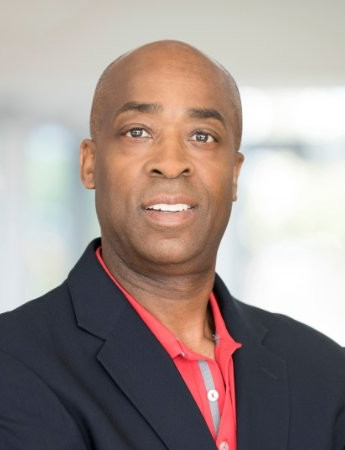
Skip Smith, Business Consultant/Subject Matter Mentor, Georgia Tech Advanced Technology Development Center
Smith, too, knows the feeling of being overlooked for opportunities he’s been overly qualified for, but he believes the insurance industry has the power to make a difference.
“Insurance companies really can bring a lot of people to the table in terms of their companies, their customers, what they’re doing and what they’re trying to promote,” Smith said.
“They’re into everything and they’re out there in the business communities doing things already. It’s just a matter of providing the necessary focus to start making things more inclusive.”
“The insurance industry is a powerful force globally … It’s no secret communities of color are underrepresented in our industry. We have work to do to improve this,” said Marsh & McClennan president and CEO Dan Glaser.
“We know insurance can help businesses address challenges,” he continued. “For example, while the number of minority-owned businesses has grown over the past several years, many struggle with financing and growth. Insurance can be a powerful tool for these businesses, helping them become more resilient to risk and thrive over the long-term. By working with these communities, we can help them grow, and in turn contribute to progress toward economic equality.”
Shifting the Focus
As Glaser mentioned, insurance is nobly known as an industry that helps those in times of need. Major firms have been doing their part in recent weeks by committing to change and diversity, sharing a plan of action, and making donations to various causes that support the current calls for systemic change.
“Racism is one of the world’s most enduring problems, and as an industry, we should be doing more to combat it,” Glaser said. “We know that a diverse mix of talent better serves the diverse communities insurance should assist.”
While diverse early-talent acquisition, recruitment from historically Black institutions and unconscious bias training for employees are great starting points for organizations, real change begins in the boardroom.
“We believe diversity drives insight, and that by giving the top talent seats at our table, we’ll produce the best outcome for clients,” Aon said in a statement.
In recent years, the insurance industry has placed a much greater focus on recruiting and promoting Black people and other people of color, but “a lot of work remains to be done,” said Gallagher CEO Pat Gallagher.
“We have and will continue to take action to drive increased diverse early talent recruitment, by targeting diverse universities and by augmenting our intern diversity recruitment process. This includes the creation of an Early Talent Acquisition task force to foster additional relationships with key diversity and inclusion national programs.”
According to Adele, these should be the next steps for firms and businesses, if they’re not doing them already:
-
- Curb the culture of nepotism and favoritism; for every relative or friend recommended for a senior-level position or promotion by a white employee, require an equal number of African-American candidates and use a diverse panel of interviewers.
- When it is impossible to promote from within, mandate that Human Resources partners with minority-owned executive search firms when recruiting for senior and executive leadership positions.
- Set metrics and hold leaders financially accountable for diversity & inclusion goals
- Require a review of performance rating criteria and processes to ensure that they don’t allow disparate treatments/impacts in the ratings of African-American employees as a result of conscious or unconscious biases on the part of managers.
- Take demonstrable, disciplinary action (including termination), against managers who are the subject of race discrimination complaints.
- If not already a practice, make regular corporate donations to historically black colleges and universities (HBCUs) as they continue to produce some of the best and brightest insurance professionals in the industry.
“Judging from CEOs’ statements, coupled with the overwhelmingly positive response to my articles and other thought leadership coming out of the industry, I am encouraged and hopeful that the industry can meet the challenge of this moment,” Adele said. &

